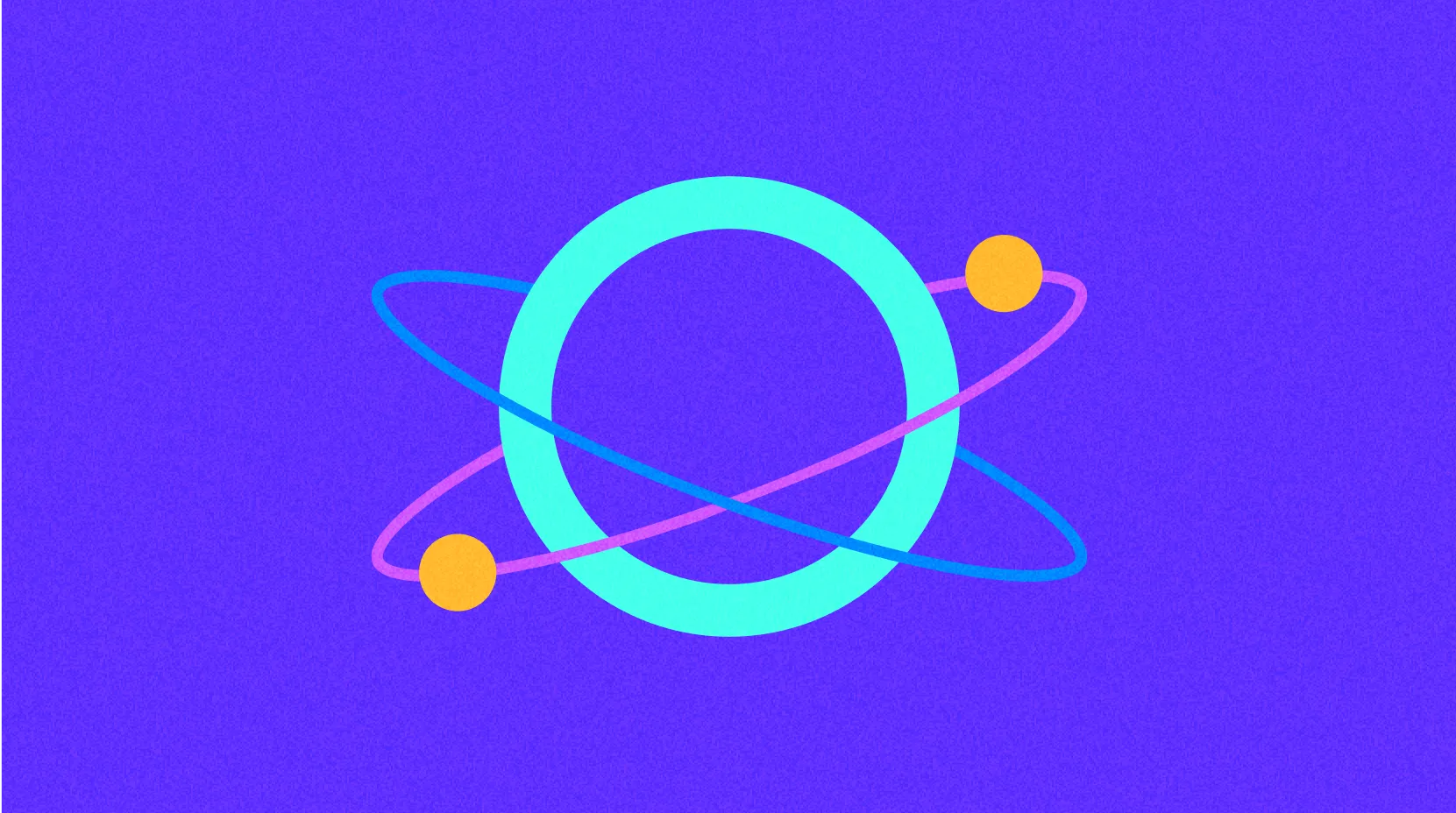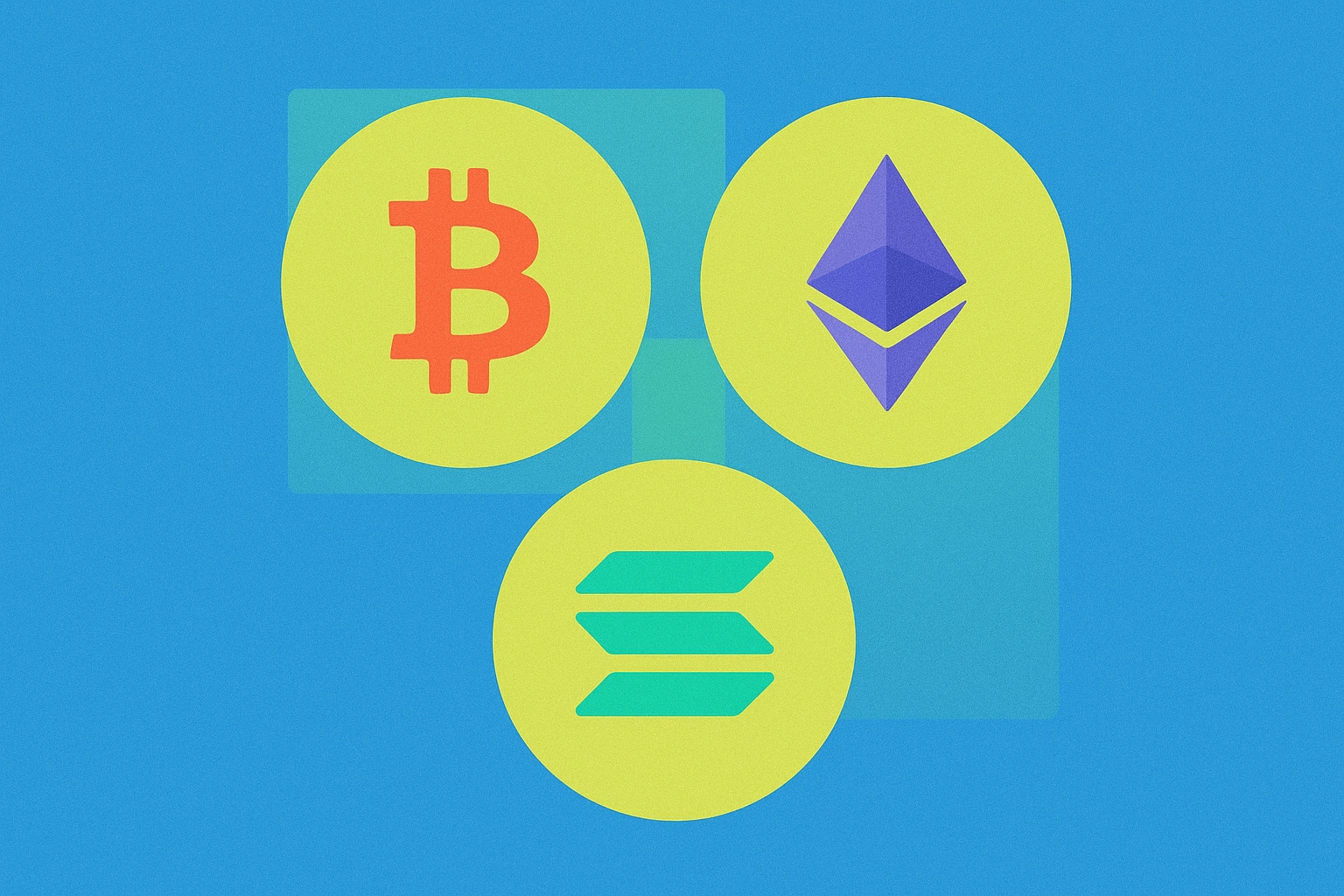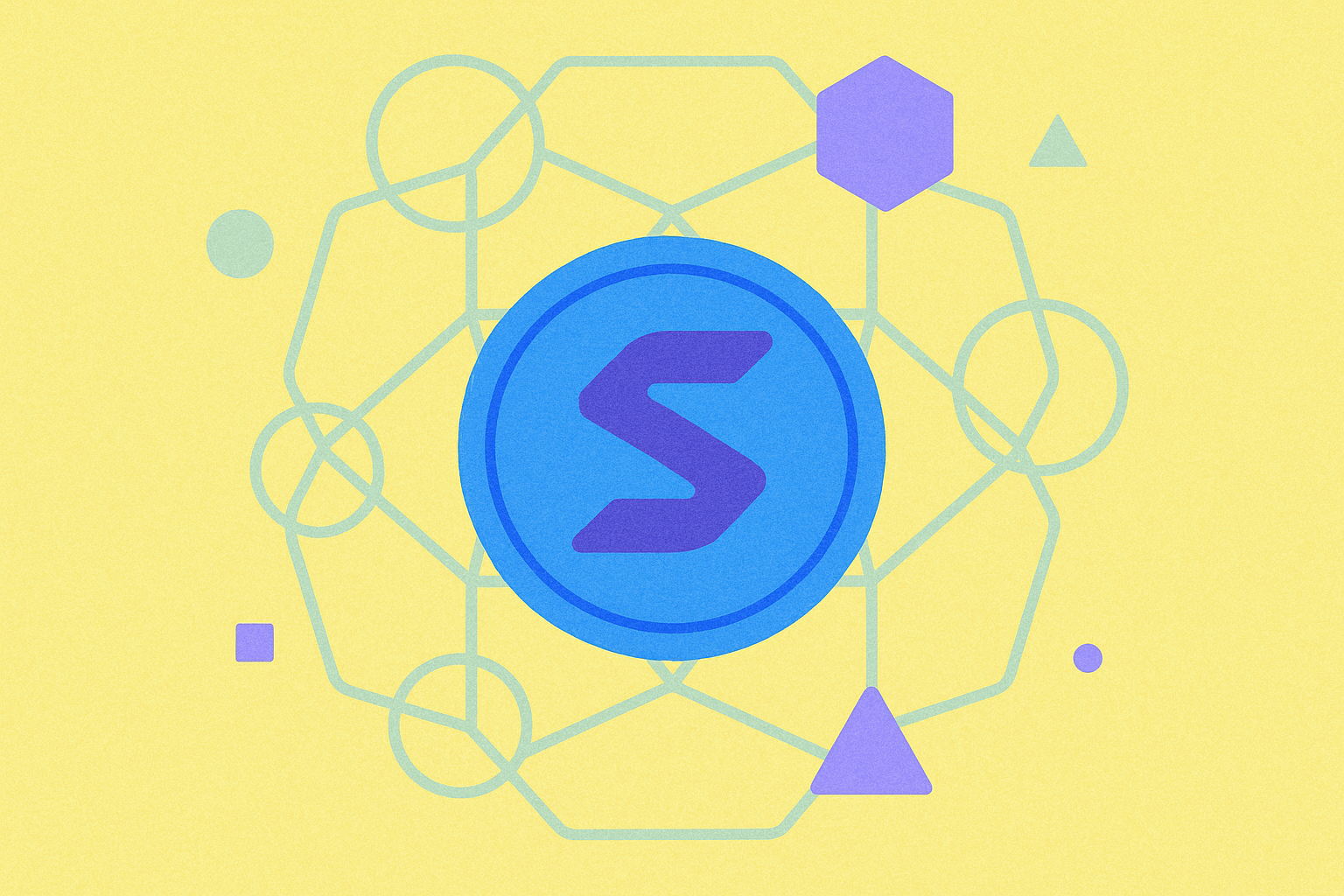Рассмотрение PoW с точки зрения Майнера: принципы, преимущества и будущие вызовы

Роль майнеров в доказательстве работы
В центре системы Proof of Work Майнеры инвестируют вычислительные ресурсы для проверки транзакций. Их работа крайне важна не только для поддержания целостности блокчейна, но и для развития всей криптовалютной экосистемы.
Основные принципы:
Майнеры решают вычислительные головоломки, чтобы обеспечить безопасность сети и подтвердить транзакции. Каждый успешный расчет добавляет новый блок в цепочку, обеспечивая децентрализованный и прозрачный реестр.Экономические стимулы:
Процесс майнинга будет вознаграждать криптовалютой, что является привлекательной мотивационной мерой, соответствующей целям безопасности сети. Эта система вознаграждения способствует здоровой конкуренции среди майнеров и улучшает целостность блокчейна.
Преимущества PoW с точки зрения майнера
Для многих Майнеров основным стимулом PoW является его прозрачность и материальные вознаграждения.
Улучшенная безопасность:
Встроенная сложная головоломка в PoW служит сдерживающим моментом для злонамеренных атак. Майнеры могут гордиться тем, что способствуют созданию безопасной системы, которая помогает поддерживать финансовую целостность.Децентрализованная верификация:
Поскольку каждый майнер участвует в сети, распределенная природа PoW сопротивляется централизованному контролю, гарантируя, что ни одно отдельное лицо не может доминировать в процессе.Сообщество и Инновации:
Конкурентная среда стимулирует технические инновации в оборудовании майнеров и практики энергосбережения, что даже влияет на такие хорошо известные торговые центры, как Gate.com, в поддержку постоянно развивающейся цифровой экосистемы активов.
Будущие вызовы в области Майнер
Несмотря на свои преимущества, механизм PoW сталкивается с рядом вызовов, которые могут переопределить будущее майнинга.
Высокое энергопотребление:
Потребность в энергии продолжает оставаться центральной точкой критики. С увеличением экологических проблем майнеров просят находить устойчивые решения.Усиление конкуренции и проблемы масштабируемости:
С увеличением числа майнеров конкуренция становится ожесточенной. Становится крайне важно иметь более эффективное майнинговое оборудование и инновационные модели консенсуса для поддержания равновесия экосистемы.Регулирование и технологические изменения:
Будущие изменения в регулятивной сфере могут повлиять на прибыльность и операционную деятельность майнинга. Технологические достижения также могут привести к появлению альтернативных механизмов консенсуса, переформатируя ландшафт майнинга.
Заключение
Изучение доказательства работы через глаза майнеров может предоставить нам уникальные идеи, раскрывая тонкое равновесие между безопасностью, экономическими стимулами и технологическими инновациями. Поскольку майнеры продолжают быть основой безопасности блокчейна, решение проблем энергоэффективности и масштабируемости будет ключевым для поддержания живой и устойчивой цифровой экосистемы—Gate.com и другие торговые платформы тесно наблюдают и поддерживают этот процесс.

Фундаментальная безопасность: Раскрытие и Исследование Механизма консенсуса PoW

PoW: Основы безопасности и внутренние аспекты майнинга Цифровых денег: Основное руководство по пониманию

Запуск Основной сети Pi Network и будущее

Кто такой Питер Тодд?

Понимание протокола Блокчейн уровня 1

Значение Леджера: От традиционного учета к прозрачности Крипто

Основы и принципы работы сетей первого уровня







